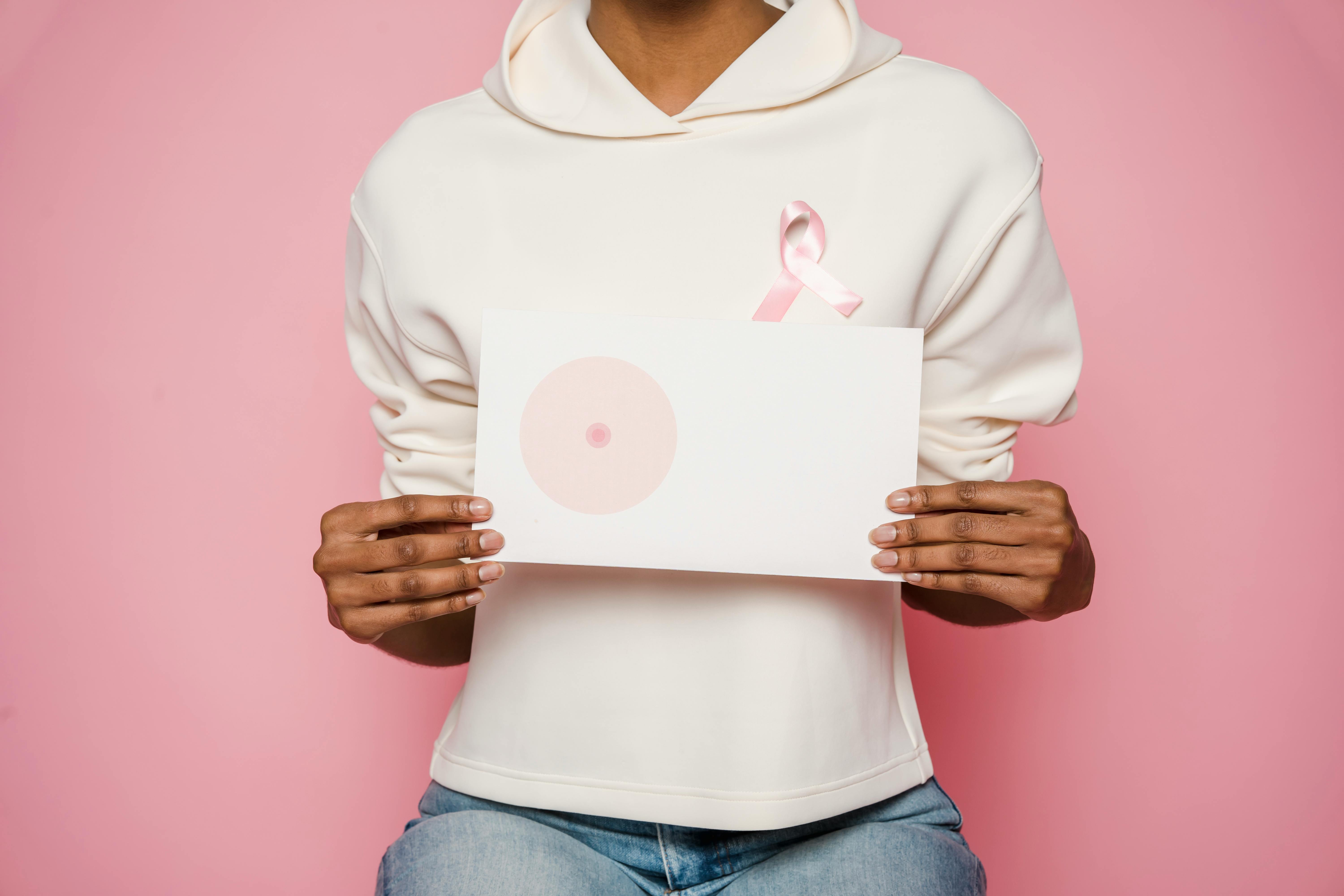Can cranberry juice prevent or treat cancer? Cranberry juice is a popular beverage that can be found in many kitchens around the world. It has long been believed to have medicinal properties and has even been linked to reducing the risk of cancer.
However, there is not enough scientific evidence to prove that cranberry juice can effectively prevent or treat cancer. This article will explore the potential benefits of cranberry juice on cancer and whether or not it can be used as an effective treatment.Cancer is a group of diseases that arise from abnormal cell growth. It is one of the leading causes of death worldwide. Cancer can affect any part of the body and can be caused by different environmental factors and genetic mutations.
Cancer cells differ from normal cells in that they grow and divide uncontrollably, forming malignant tumors that invade other parts of the body. These tumors can cause changes in the body’s normal functioning, such as pain, nausea and fatigue.
There are several different types of cancer including:
- Lung cancer
- Breast cancer
- Prostate cancer
- Colorectal cancer
- Stomach cancer
- Liver cancer
- Ovarian cancer
- Skin cancer (melanoma)
Cancer can be treated with surgery, chemotherapy, radiation therapy or a combination of these treatments. Early detection is key to successful treatment, so it is important to have regular check-ups with your doctor to screen for potential signs or symptoms of the disease.
Contents
Benefits of Cranberry Juice
Cranberry juice is an excellent source of many vitamins, minerals and antioxidants. It can help improve your health in a variety of ways, such as reducing inflammation, boosting immune system function and improving heart health. Cranberry juice has been used for centuries to treat a variety of ailments and conditions, so it’s no surprise that it has many benefits. Here are some of the most notable benefits of cranberry juice:
1. Reduces Inflammation
Cranberry juice is rich in antioxidants which help reduce inflammation throughout the body. This can help with conditions like arthritis, as well as chronic pain and fatigue. The anti-inflammatory compounds in cranberries can also help reduce the risk of cancer and other diseases related to inflammation.
2. Improves Heart Health
Cranberry juice is high in vitamin C and other antioxidants which can help improve heart health. Studies have shown that drinking cranberry juice can lower blood pressure and cholesterol levels, reducing the risk of heart disease. Cranberries also contain polyphenols which have been linked to a reduced risk of stroke.
3. Boosts Immune System Function
The antioxidants in cranberry juice can help boost your immune system by fighting off free radicals that cause cell damage. Cranberries are also high in vitamin C, which helps your body fight off infections and illnesses more effectively.
4. Prevents Urinary Tract Infections (UTIs)
Cranberries contain compounds called proanthocyanidins which make it harder for bacteria to adhere to the lining of your bladder and urethra, thus reducing the risk of UTIs. Studies have shown that drinking cranberry juice or taking cranberry supplements can significantly reduce the occurrence of UTIs in women.
In conclusion, there are many benefits to drinking cranberry juice on a regular basis. Not only does it offer numerous health benefits such as reducing inflammation, improving heart health, boosting immunity and preventing UTIs, but it’s also delicious! So next time you’re looking for a healthy way to quench your thirst, consider adding some cranberry juice into your diet!
Cranberry Juice for Cancer Patients
Cranberry juice has been studied for its potential health benefits, including its role in cancer treatment. Several studies suggest that drinking cranberry juice may help to reduce the risk of certain cancers, including breast, prostate and colorectal cancer. Cranberry juice may also help to reduce inflammation, which can be beneficial for people with cancer. Cranberry juice is a rich source of antioxidants, which can help protect cells from damage caused by free radicals. Some research suggests that antioxidants may help slow or prevent the growth of tumors.
In addition to its potential anti-cancer properties, cranberry juice is also full of other nutrients that may be beneficial for cancer patients. Cranberry juice contains a variety of vitamins and minerals, including vitamin C and potassium. These nutrients can help boost immunity and improve overall health during cancer treatment. While there is no scientific evidence that cranberry juice can directly fight cancer, it may be beneficial as part of an overall healthy diet and lifestyle.
In general, cranberry juice is considered safe to drink for most people with cancer. However, it is important to check with your doctor before adding it to your diet as it may interfere with certain medications or treatments. In addition, some people experience side effects when consuming large amounts of cranberry juice such as stomach upset or diarrhea; if this occurs you should reduce how much you are drinking or switch to another beverage. Overall, cranberry juice is a healthy drink option for many people with cancer and can be enjoyed in moderation as part of an overall healthy lifestyle.

Benefits of Cranberry Juice for Cancer Prevention
Cranberry juice has long been touted for its health benefits and it may even provide some protection against certain forms of cancer. Studies have shown that cranberry juice may help reduce the risk of certain cancers, including colon, prostate and breast cancer. It is thought that the antioxidants in cranberry juice can help neutralize free radicals that can damage cells and cause cancer.
Cranberry juice is also believed to have anti-inflammatory properties, which may help reduce inflammation in the body and thus reduce the risk of cancer. The antioxidants in cranberry juice can also help protect the body from environmental toxins, which can increase the risk of certain types of cancer.
In addition to its potential cancer-fighting properties, cranberry juice has many other health benefits as well. It is high in vitamin C, which is important for a healthy immune system and helps to protect against infections and disease. It is also rich in fiber and phytonutrients, which can help promote digestive health and aid in weight management.
Overall, cranberry juice has many potential health benefits that may help prevent certain types of cancer. It is important to note, however, that it should be consumed in moderation as part of an overall healthy diet and lifestyle. Cranberry juice should not be used as a substitute for medical treatments or as a replacement for eating a balanced diet rich in fruits, vegetables, whole grains and lean proteins.
Cranberry Juice and Cancer Treatment
Cranberry juice has been long used for various health benefits, but does it have any effects on cancer treatments? There is some evidence that suggests that cranberry juice may play a role in cancer prevention and treatment.
Studies have shown that compounds found in cranberries may help reduce the risk of certain types of cancer, including colon, prostate, and breast cancers. These compounds are known as proanthocyanidins (PACs) and are believed to be responsible for the protective effect of cranberries against cancer. PACs inhibit the growth of certain types of cancer cells, while also preventing their spread.
In addition, research has shown that cranberry juice can protect against DNA damage caused by free radicals—which can lead to mutations that could lead to cancer. It is believed that the antioxidants found in cranberry juice help neutralize these free radicals before they cause harm.
While there is still much to learn about the effects of cranberry juice on cancer prevention and treatment, it appears to be a promising natural remedy for those looking for a possible alternative to traditional treatments. Cranberry juice may be especially beneficial for people who are at high risk for certain types of cancers or who are undergoing chemotherapy or radiation therapy.
It is important to note, however, that more research is needed before any definitive conclusions can be made about the effectiveness of cranberry juice as a cancer treatment. Additionally, it’s important to speak with your doctor before starting any new treatment or supplement plan—including one involving cranberries—to make sure it won’t interfere with any existing medical treatments or medications you may be taking.
Cranberry Juice and Cancer
Cranberry juice has been gaining attention recently for its potential benefits in helping to prevent or treat cancer. Studies have shown that cranberry juice is rich in antioxidants, which can help fight free radicals that can damage cells and lead to cancer development. It also contains phytochemicals, which can help reduce inflammation and boost the immune system. Cranberry juice may also have anti-cancer properties, as it contains flavonoids, which are known to have anti-tumor activity.
Additionally, cranberry juice has been found to have anti-angiogenic properties, meaning it can inhibit the growth of blood vessels that feed tumors. This can help slow down tumor growth and even promote tumor death. It also appears to be beneficial in preventing the spread of cancer cells to other parts of the body.
So how much cranberry juice should one consume for cancer prevention or treatment? Research suggests that consuming two 8-ounce glasses of cranberry juice per day is a good amount for cancer prevention. For people who already have cancer, drinking a larger amount (up to 4 glasses per day) may be beneficial in treating the disease. It is important to note that more research is needed on this topic to make definitive recommendations on dosage levels and efficacy in treating or preventing cancer.
It is also important to keep in mind that cranberry juice can interact with certain medications, so it is best to speak with a healthcare professional before incorporating it into your diet. Additionally, consuming too much cranberry juice can cause side effects such as stomach upset and diarrhea, so again it is important to speak with a healthcare professional before taking any large amounts of cranberry juice for any medical condition.

Conclusion
Overall, there is no clear evidence that cranberry juice can prevent or treat cancer. While some studies have suggested that it may play a role in reducing certain risk factors, further research is needed to better understand the impact of cranberry juice on cancer. Additionally, it is important to remember that other lifestyle changes such as avoiding smoking, engaging in regular physical activity, and eating a balanced diet are key components of cancer prevention and management.
In sum, while cranberry juice has many potential health benefits, its impact on cancer is still uncertain. As such, it should not be viewed as a substitute for conventional medical care but rather as an additional complementary therapy.
0 Comments